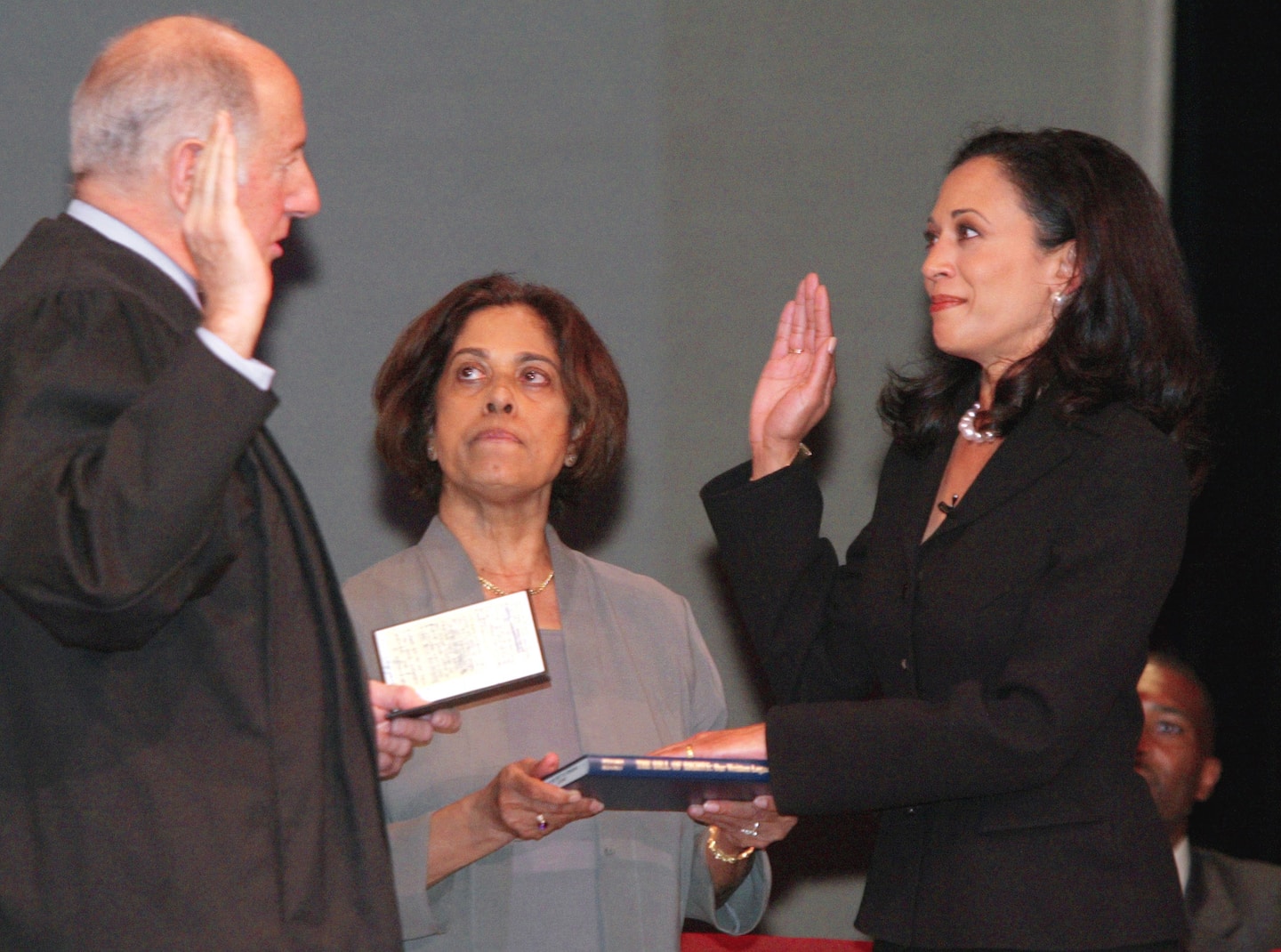Why we should be in awe of Kamala Harris’s mother

One of the lessons immigrants learned in the “race to get under the white tent,” as Wilkerson aptly described it, was to keep their distance from Blacks, lest they find themselves lumped in the lowest caste with them. But, as I pointed out on my Sunday show on MSNBC, Wilkerson also noted that meant a choice had to be made by non-White immigrants.
“Immigrants of color face the painful dilemma of either rejecting the lowest caste of indigenous African Americans,” writes Wilkerson, “or making common cause with those who fought so that they could enter the country to begin with.” The Black civil rights movement was the impetus behind passage of the Immigration and Nationality Act of 1965, which ended race-based immigration quotas.
She was 19 years old when she left her family in southern India in 1958 to pursue a doctorate at the University of California, Berkeley. She quickly found herself marching in civil rights demonstrations and becoming rooted in Oakland’s Black community. It was at those marches where she met her husband, and where their two daughters would be baptized in movement politics and public service.
Their oldest daughter is now the vice president of the United States, the first woman, first Black woman and first South Asian person ever elected to the office.
In her 2019 memoir, “The Truths We Hold: An American Journey,” Harris makes a statement about her mother that I have not forgotten and that is even more powerful in light of what Wilkerson writes. “My mother understood very well that she was raising two black daughters,” noted Harris. “She knew that her adopted homeland would see Maya and me as black girls, and she was determined to make sure we would grow into confident, proud black women.”
Harris went to Howard University, the brightest beacon among America’s historically Black colleges and universities. There, she joined Alpha Kappa Alpha, the first Black sorority in America. And it was at Howard that Harris cemented her identity as a proud Black woman. “That was the beauty of Howard. Every signal told students that we could be anything — that we were young, gifted and black, and we shouldn’t let anything get in the way of our success,” Harris wrote. “At Howard, you could come as you were and leave as the person you aspire to be. There were no false choices.”
And this brings me back to Gopalan, a renowned breast cancer researcher who died of colon cancer in 2009. For as much as we celebrate her history-making daughter, we should be in awe of her — a woman who, Harris says in her book, “chose and was welcomed to and enveloped in the black community.” It was this choice that makes Harris’s ascension all the more powerful for me and remarkable for our nation. At a time when America openly robbed Blacks of our dignity and treated us as unworthy of respect, Gopalan chose us. Who knew that decades later, such an affirming choice would help change America.
Read more:






